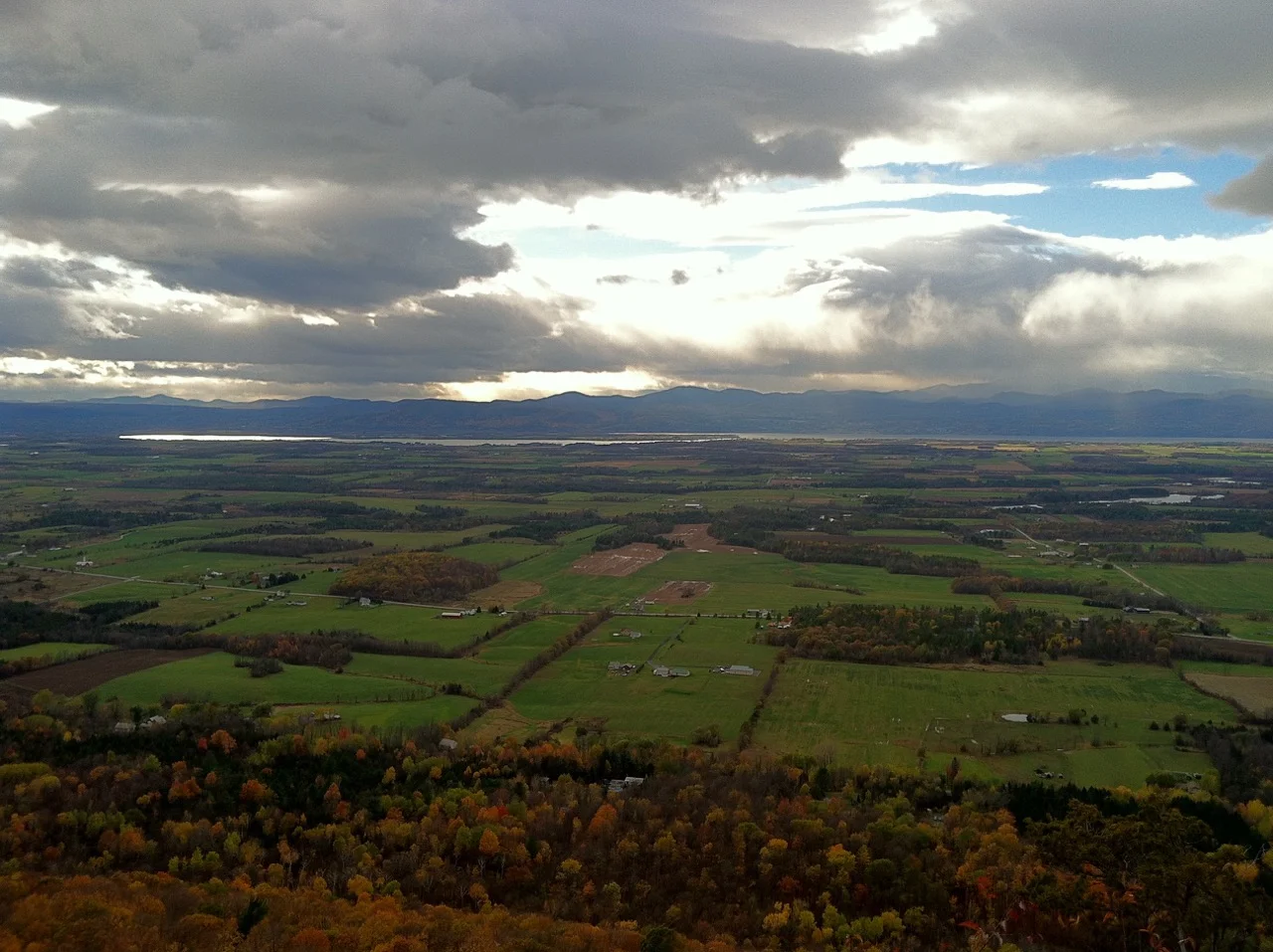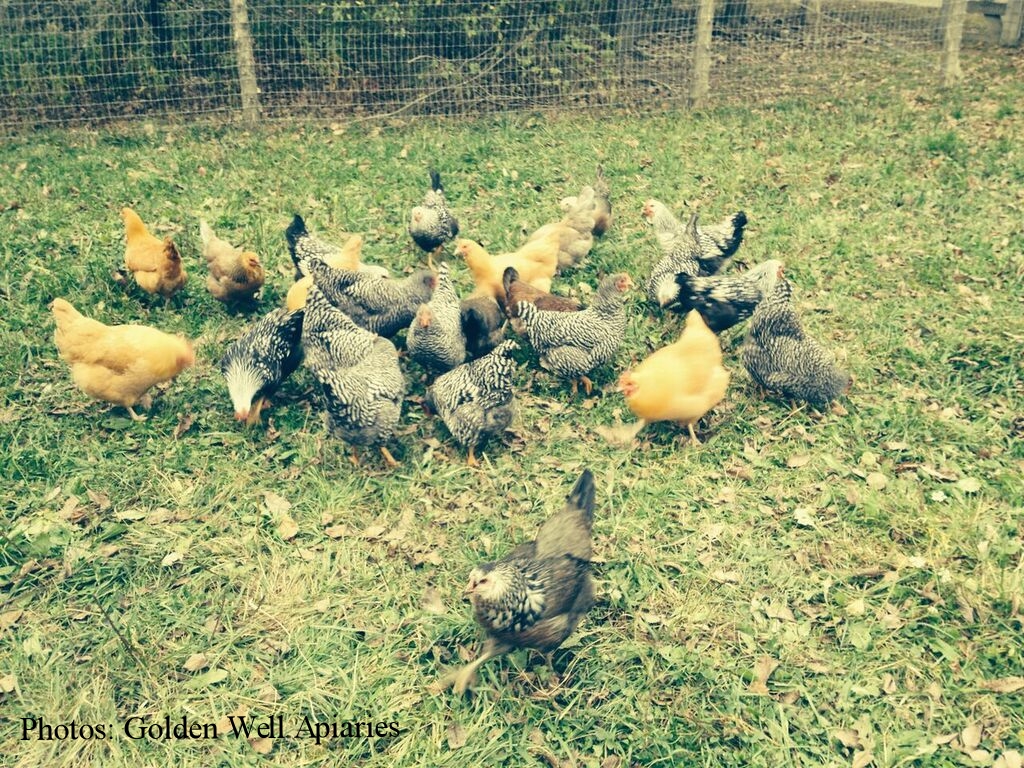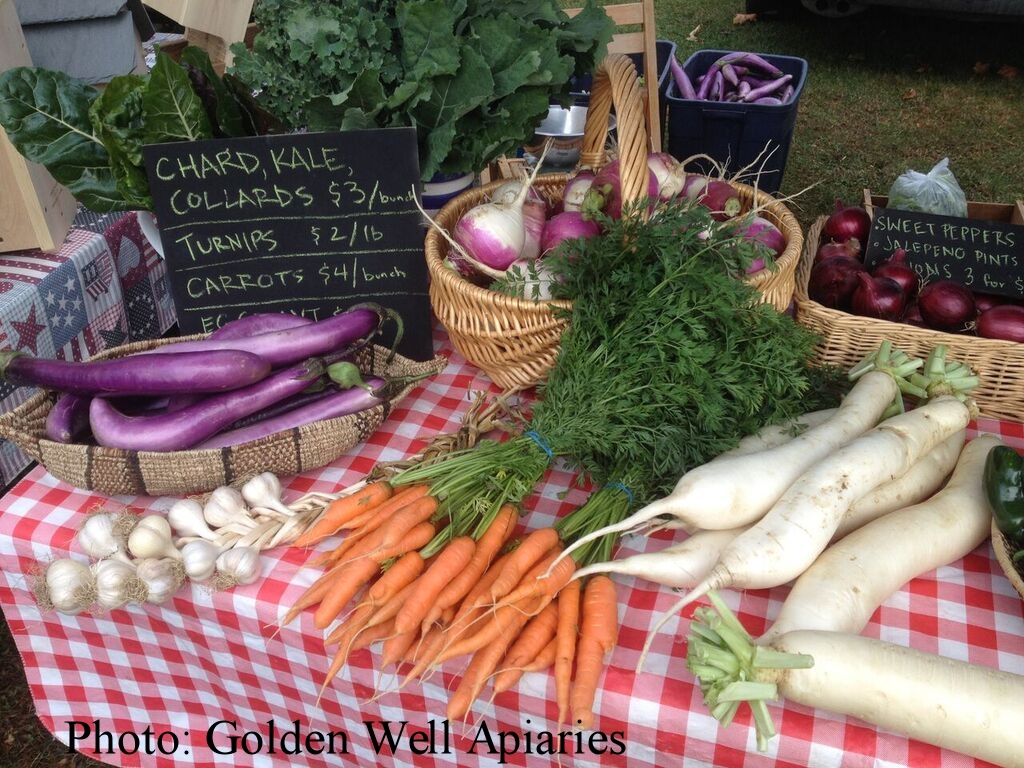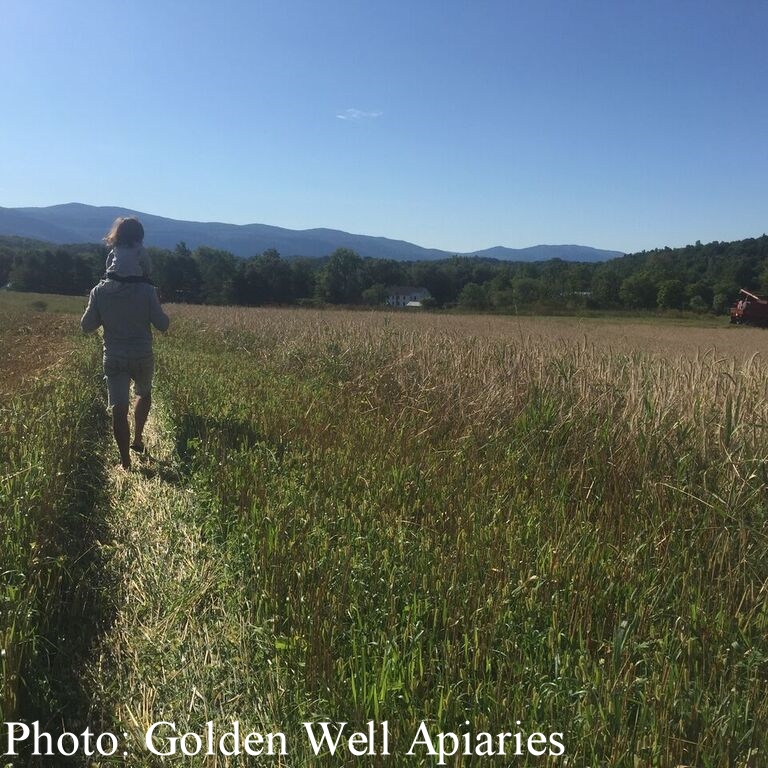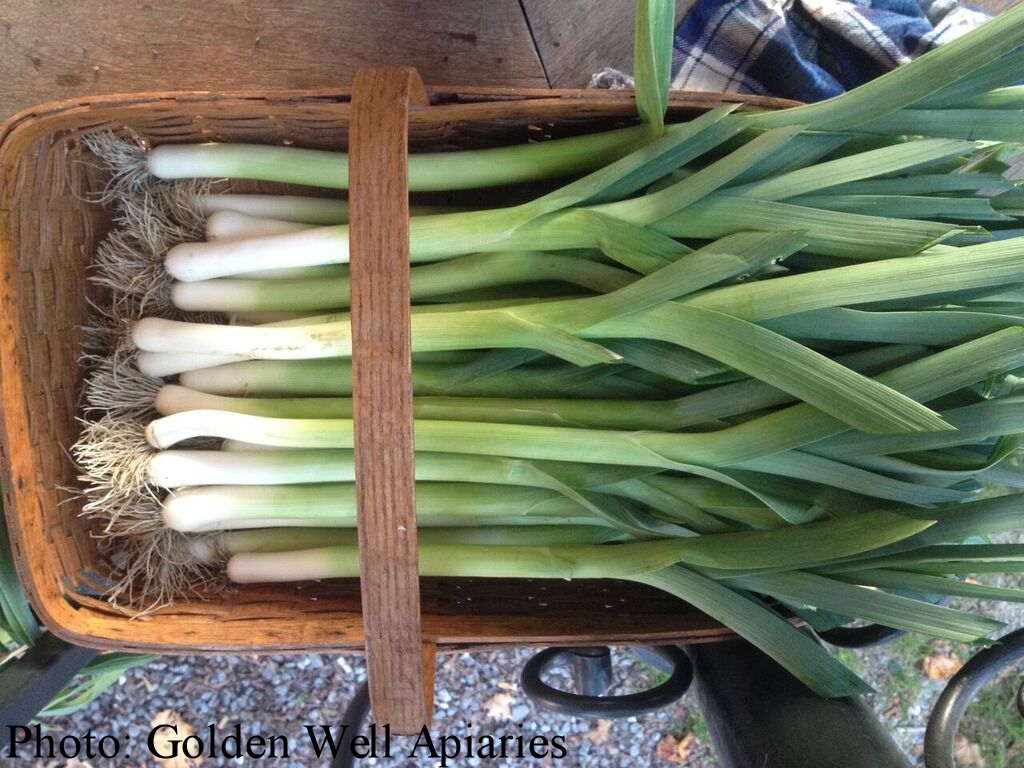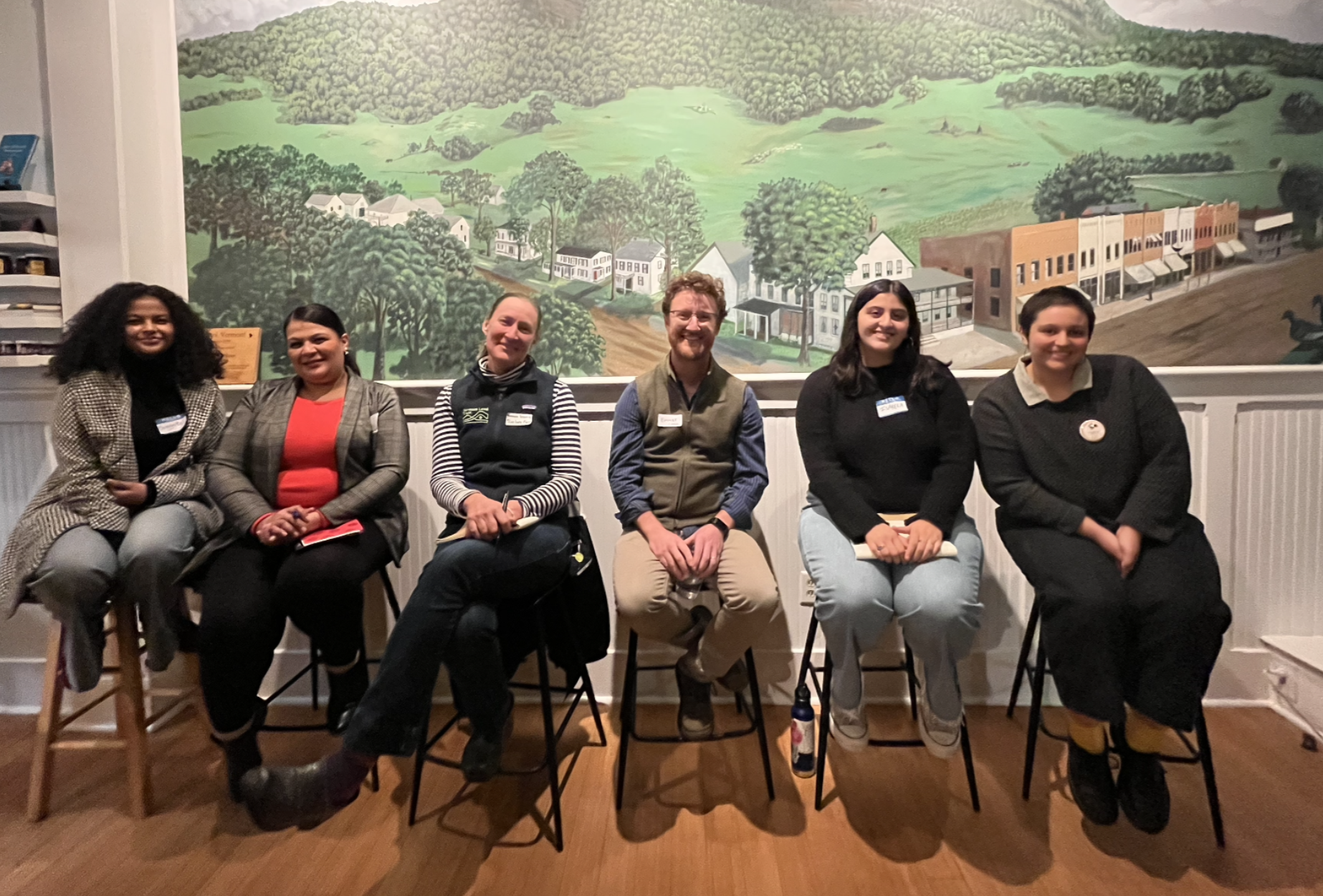Photo: Thomas Wentworth
ACORN's History
The founding mission of the Addison County Relocalization Network (ACORN) was to “help revitalize the health of our land, our local economy and our local communities so they can provide sustainable sources of food, water, energy, employment and capital while promoting conservation and a healthy environment.”
The word "relocalization" was inspired by the Post Carbon Institute which advocated for “building strong societies based on the local production of food, energy and goods and the local development of currency, governance and culture.” The main goals of relocalization are to increase resilience and community security, to strengthen local economies and to improve the health of the environment and increase social equity.
The Addison County Relocalization Network (ACORN) was founded to serve as a catalyst for developing local, sustainable and collaborative solutions to the challenges facing Addison County communities from the growing instability of our energy systems, environment and economy. ACORN’s mission is rooted in the observation that we have entered a disruptive chapter in our human story that we call the “transition,” a period of great cultural change and opportunity. We aim to create a more cooperative and sustainable future in response to:
The depletion of our natural resources and the impacts of climate change;
The growing disruptions in our financial and economic system; and,
The erosion of community and responsibility in our social and political life.
The challenge in front of us is systemic. A lot of the habits and assumptions that worked over the last 60-70 years and gave us an extraordinary period of stability and prosperity are no longer workable or sustainable. Band-aids won’t do. What we need to do is to re-view our beliefs about how the world works and start thinking “outside the box.”
As we grow and enliven our thinking, we begin to re-connect the dots and recognize the whole picture and our place in it. We see our interdependence with nature, with the land and with each other. Long-term sustainability requires us to come back home to our region, to re-localize and work together to re-invest in our people, our businesses and our communities to create a brighter, more caring and sustainable future.
ACORN’s work started with the three basics: food, energy and money. In 2008, the energy work spun-off into a private business, the Acorn Renewable Energy Co-op.
In October 2008, nearly 150 citizens from many walks of life came together at the Addison County Conservation Congress in Bristol, co-sponsored by Vermont Family Forests and the ACORN Network, to imagine the future of our county in the year 2020. VISION 2020 is a summary of their collective thinking and includes recommendations for the next steps we need to take to move towards a more secure, prosperous and sustainable future.
The ACORN Network incorporated as a non-profit in 2009 and gained 501(c)(3) status. The primary project focus of the ACORN Network has been to promote local food and agriculture. The work on money, the third leg of relocalization, has been incubating for a number of years as we research the tools to help catalyze greater investment of local, non-accredited capital flows into the Addison County economy.
From 2010 - 2012, ACORN employed an AmeriCorps volunteer to serve as its first part-time coordinator to manage network events, outreach and communications. This new capacity allowed board members to secure several grants from the High Meadows Fund, the John Merck Fund and the Vermont Department of Agriculture.
This funding went to research the supply and demand for local food, to the organization of a local food system council of farmers, processors, institutional buyers and retailers called the ACORN Wholesale Collaborative, to research the barriers to institutional purchasing of local food and to organize matchmaking events to bring new buyers and sellers together.
In retrospect, the AWC was too early - the local food system, on both the supply and demand side, was too thin to support it. Since then ACORN has continued to put energy into developing a wholesale market. We are organizing grower meetings, hosting consumer focus groups, working with institutional buyers and revisiting the potential for online sales and marketing to better connect the community. Read the reports here.
Please see a brief timeline of our history below:
ANNUAL MEETINGS
Check out our 2023 Annual Impact Report. Our 2023 Annual Meeting featured a panel of farmers talking about farming in a changing climate:
Matt Bryan (Lower Notch Farm)
Olivia Glascoe (Lower Notch Farm)
Silas Doyle-Burr (Last Resort Farm)
Spencer Blackwell (Elmer Farm)
AnnaJo Smith (Smith Family Farm)
Our 2022 Annual Meeting featured a panel of folks working in Food Justice:
Wendy Giron, Addison Allies
Hannah Sessions, Vermont Land Trust + Blue Ledge Cheese
Emmet Moseley, Champlain Valley Office of Economic Opportunity (CVOEO)
Isabela Bahadorzadeh, Middlebury College Knoll
Claire Contreras, Middlebury College Knoll + ACORN Board
Our 2021 Annual Meeting featured a panel of four women working in different sectors of the local food system:
Anna Freund, Local Foods Coordinator at HOPE
Samantha Langevin, Head Chef at American Flatbread, Middlebury Hearth
Laura La Vacca, Food Services Director for Addison Central School District
Pauline Stevens - Second Generation Farmer, Golden Russet Farm in Shoreham
Our 2020 Annual Meeting highlighted keynote speakers Ian McSweeney of the Agrarian Trust and Alison Nihart of the Vermont Agrarian Commons who introduced this innovative new farmland ownership model. We also learned about the second year of the Farmacy Food is Medicine program, the future launch of ACORN's Eat Local VT app, an improved Online Market, and what else ACORN has in store for 2021.If you missed this rich conversation about local food and agriculture programs, please watch a recording of it here. The presentation starts at 8:00 and the Agrarian Commons presentation starts at 27:30.
2015: Click here to see our 2015 Annual Meeting Presentation and learn more about what we do.

